

Brazil is one of the most blessed countries on earth when it comes to the potential of renewable energies. It has countless water-abundant river systems and sun radiation that is higher in the least sunny place feasible for solar energy than in the most sunny place in Germany. A shoreline longer than 7,000 km with a tremendous wind potential and vast areas of rural areas predestined for bioenergy.
Due to this, Brazil’s electricity matrix has already a renewable share of approximately 84% (EPE). However, three quarters of the installed capacity of renewable energy is still comprised of hydropower, thus creating a huge dependency on this source of electricity.
The disadvantages of this dependency have become extremely visible in the last years. Droughts have tended to be more common due to climate change and therefore the decrease of power production. Besides, the centralised production of energy leads to build long costly transmission lines as the highest hydro potential exists typically in remote areas. Moreover, despite of nearly zero GHG emissions related to hydro power, the construction of hydro power plants leaves massive environmental and social impacts.
Fortunately, Brazil has been sensitized for those inherent issues and has recognized the fundamental role of citizens in the overhaul of the energy system. Since 2012, the Resolution 482/12 has allowed citizens to generate their own energy based on a net-metering scheme in the form of Distributed Generation (DG). Since 2016, the Resolution 687/15 has permitted cooperatives to produce their own energy in the form of DG. The involvement of the OCB (Brazilian Cooperative Confederation) that due to the partnership with DGRV knew how successful energy cooperatives have evolved in Germany, played a significant part in this development.
Energy cooperatives have played a pivotal part in Brazil’s energy supply since the middle of the 20th century. During that time, they functioned as electrification cooperatives providing remote areas with an access to the national grid. Even today, there are still 69 of them in operation.
Embracing the milestone in 2016, DGRV helped constituting the first Cooperative of DG in Brazil, Paragominas, Coober (Cooperativa Brasileira de Energias Renováveis).
Afterwards, amongst other activities, DGRV executed viability studies for other energy cooperatives in foundation status and helped spread the matter nationwide through seminars, workshops or presentations.
Furthermore, DGRV, in collaboration with OCB and partner institutions, has created a series of online booklets. So far, three guides have been published: Cooperate and Generate Your Own Energy, Constitution of Photovoltaic Distributed Generation Cooperatives and Renewable Energies in Cooperatives: Opportunities of Biogas.
The latest activities include a catalogue of all newly founded energy cooperatives since 2016 and a website that explains the topic of cooperative energy in an user-friendly, clear and understandable manner. The platform is available in Portuguese under the domain energia.coop. It is intended, however, to extend it to other Latin American countries.
Pure energy cooperatives, but also cooperatives from other sectors, engaging in renewable energy production have already helped democratizing the energy system. It inspired citizens to play an active role in the change towards a more sustainable energetic future and created a social, economic and environmental benefit for the local communities.
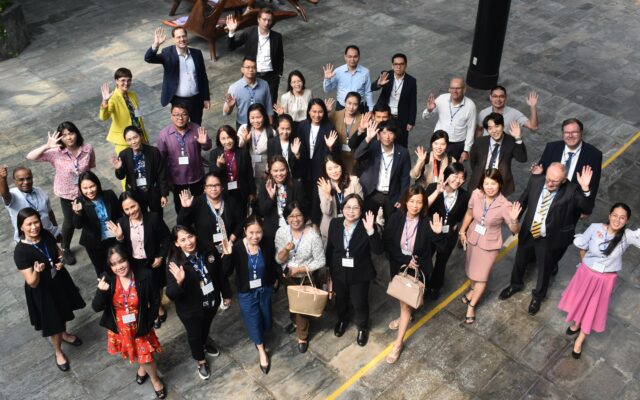
A new partnership between DGRV and the Cooperative Development Authority (CDA) in the Philippines is enhancing regulatory oversight and stability within the cooperative sector.
More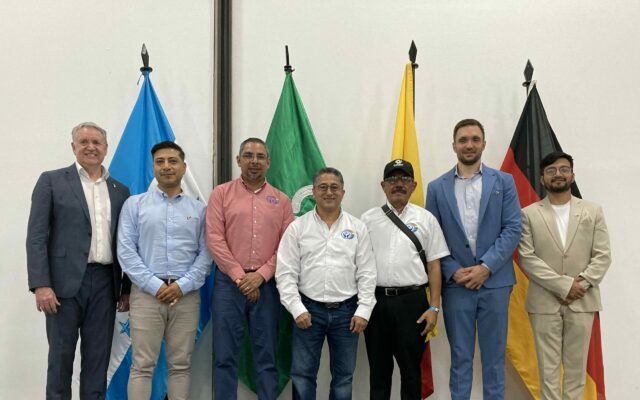
DGRV’s project in Honduras focuses on strengthening the cooperative financial sector, particularly in rural areas, and improving access to financial products and services. The initiative also aims to enhance resilience to climate change and promote the efficient use of natural resources, fostering sustainable and inclusive economic growth.
More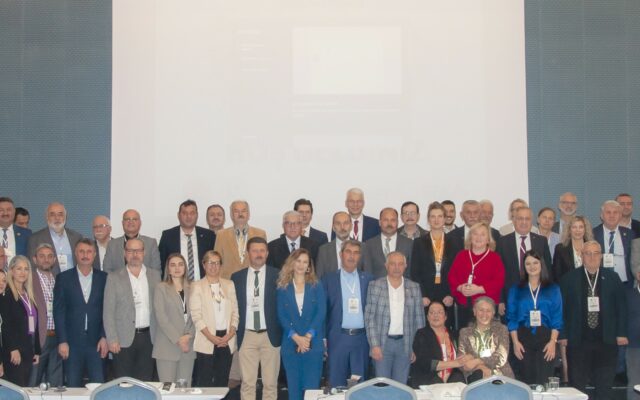
The 8-year long TAKBİ project within the framework of the Turkish and German association cooperation, revitalized Turkish agricultural cooperatives by surmounting challenges, elevating organizational structures, improving service quality, and fostering member satisfaction, leaving a lasting positive impact on the cooperative landscape in Turkey.
More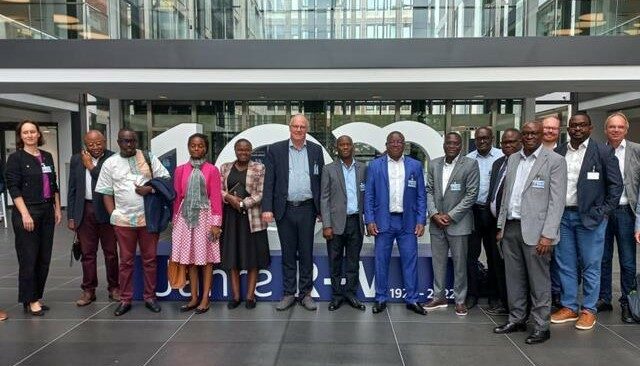
Financial experts from Benin, Cameroon, and Uganda embarked on a journey to Germany to explore the essence of cooperative principles, forging a vision for a resilient banking sector that transcends borders and fosters economic and social progress in African communities.
More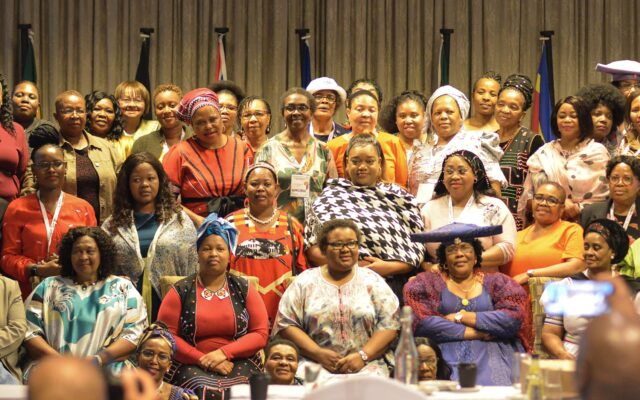
In an extraordinary gathering, female traditional leaders from Southern Africa converged to harmonize the concepts of Ubuntu and cooperative principles, setting a visionary path for community development.
More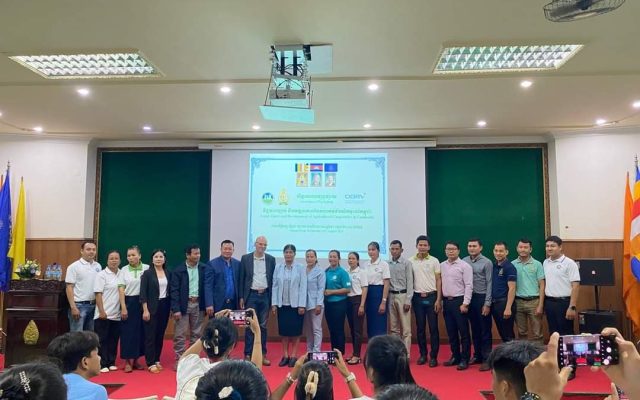
Empowering Cambodia's agricultural cooperatives through dynamic seminars: DGRV and AERD/RUA collaborate to drive leadership, professionalism, and sustainable growth.
More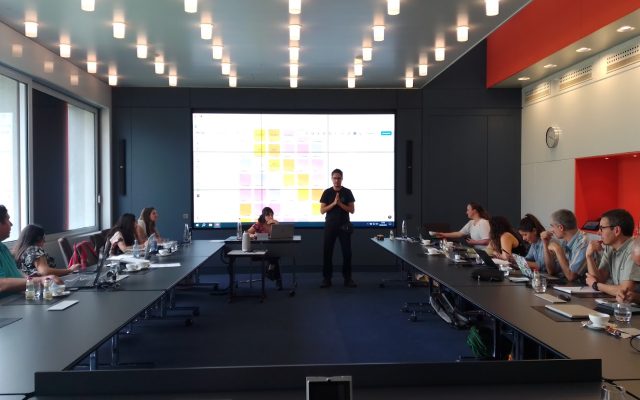
In June, eight Chilean organizations participated in an Exposure Visit to learn from the experience of Energy Cooperatives in Germany
More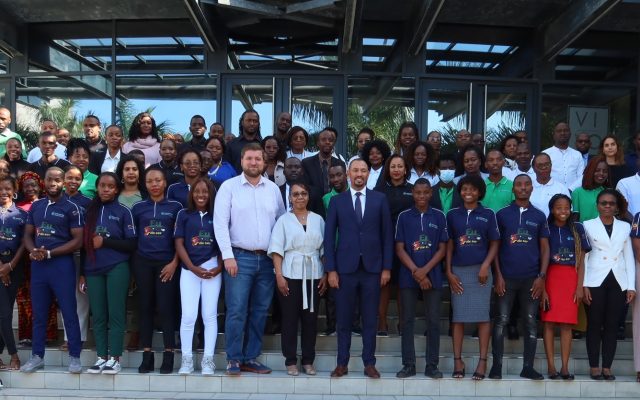
Empowering Mozambican youth through cooperative entrepreneurship to tackle unemployment and promote economic growth.
More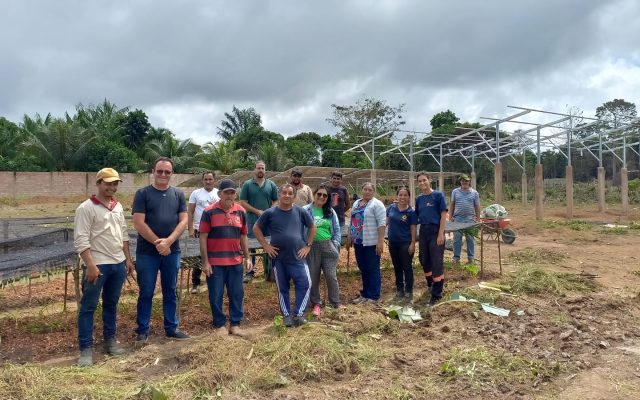
Helping the cooperative CCampo Alimentos to implement an Agrivoltaic pilot project in Brazil
More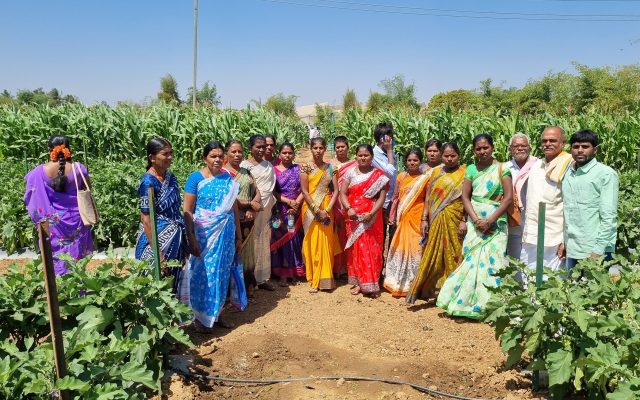
Adaptation measures to climate change in rural areas in India
More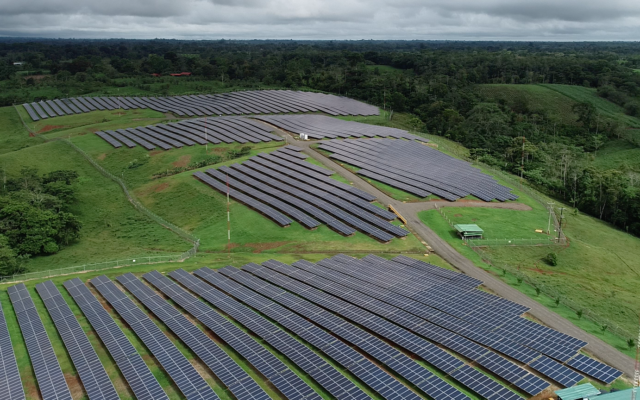
Renewable Energy in Costa Rica generated by cooperatives.
More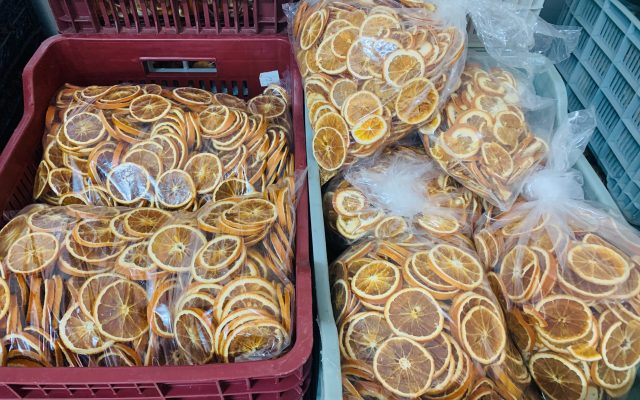
Food Processing with a Regional Federation
More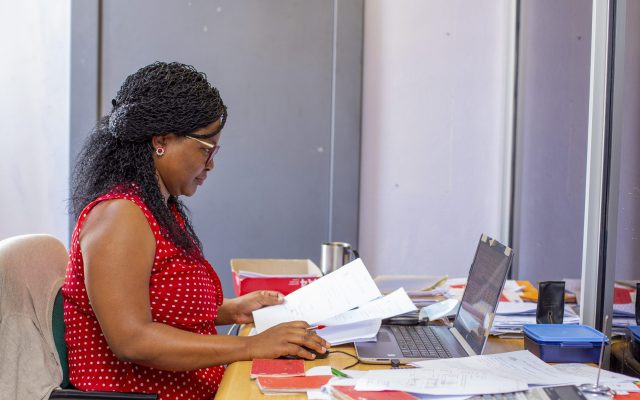
Digitisation of Primary Co-operatives in eSwatini
More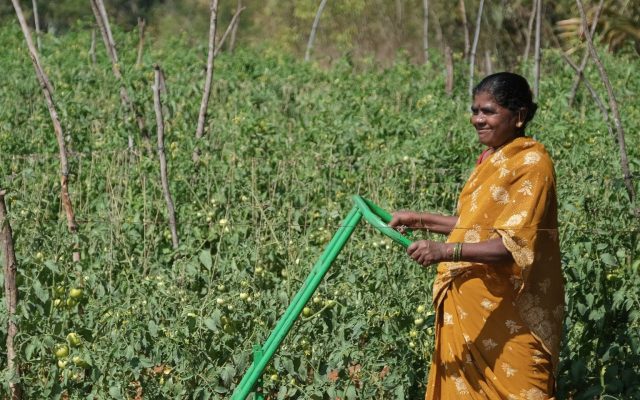
A central solution that enables members to make daily agricultural necessities available promptly and financially affordable
More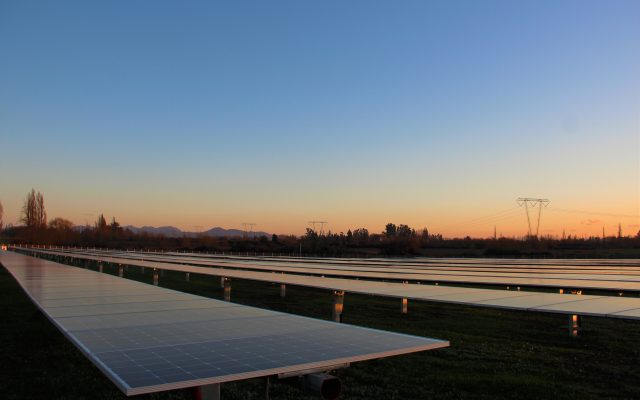
The creation of Community Distributed Generation Cooperatives in Chile.
More
Textile cooperative in Tunisia
More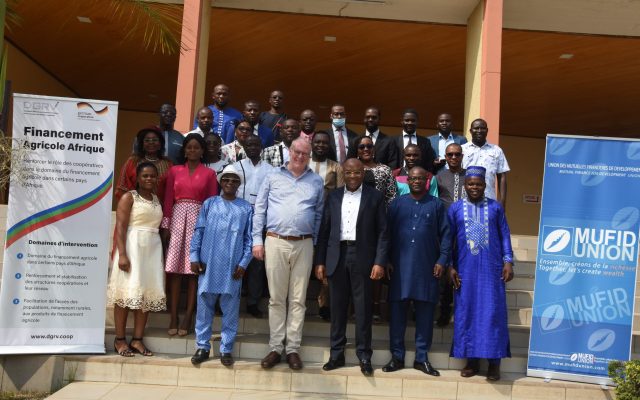
Facilitating access to quality agricultural finance products in Cameroon
More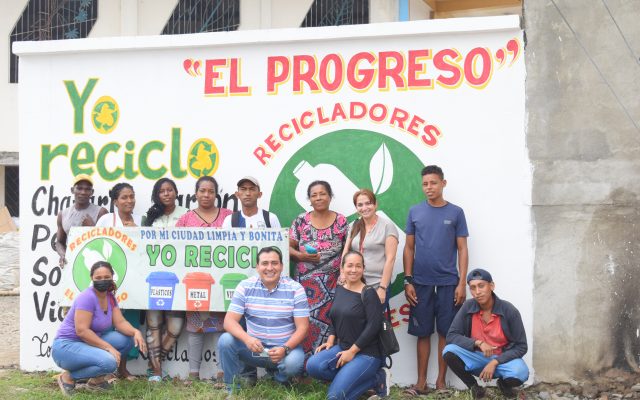
Generating business and commercial connections with the "Networks in Action" project
More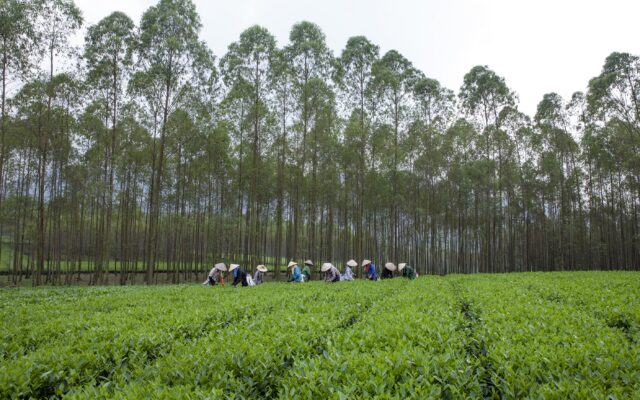
Mid- term courses for cooperative officials in Vietnam
More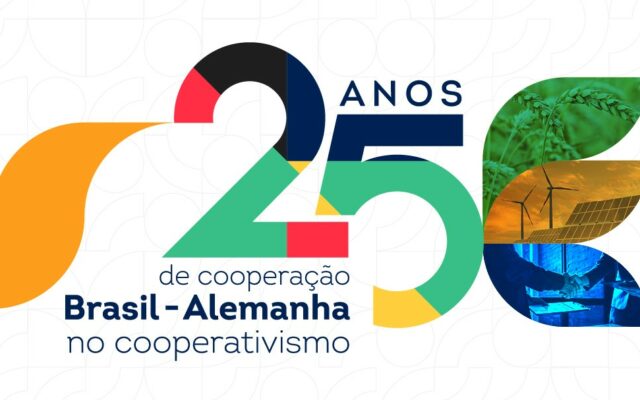
The collaboration between the Brazilian and German cooperative sector
More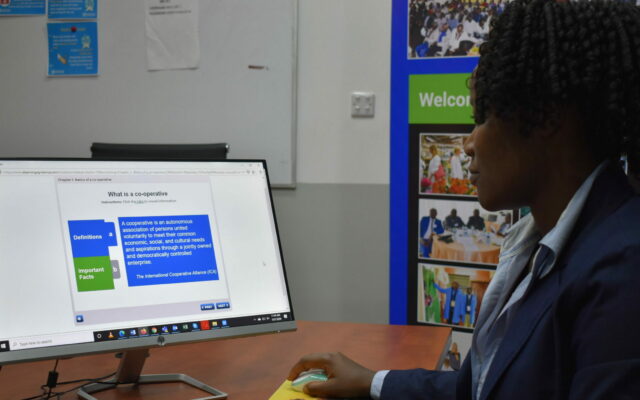
DGRV Kenya supports project partners on their way to adapt to “The new normal” in times of COVID-19
More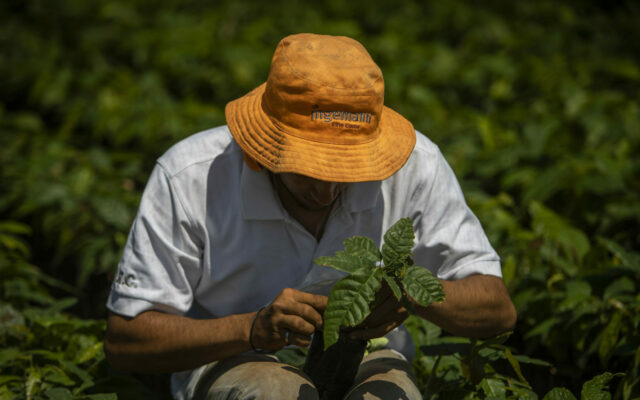
Pablo and his Potatoes
More
Strengthening small rural producer organizations in Colombia
More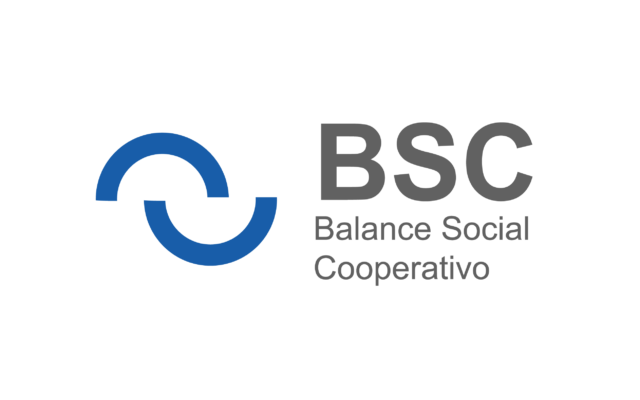
Cooperative Social Responsibility in Honduras
More